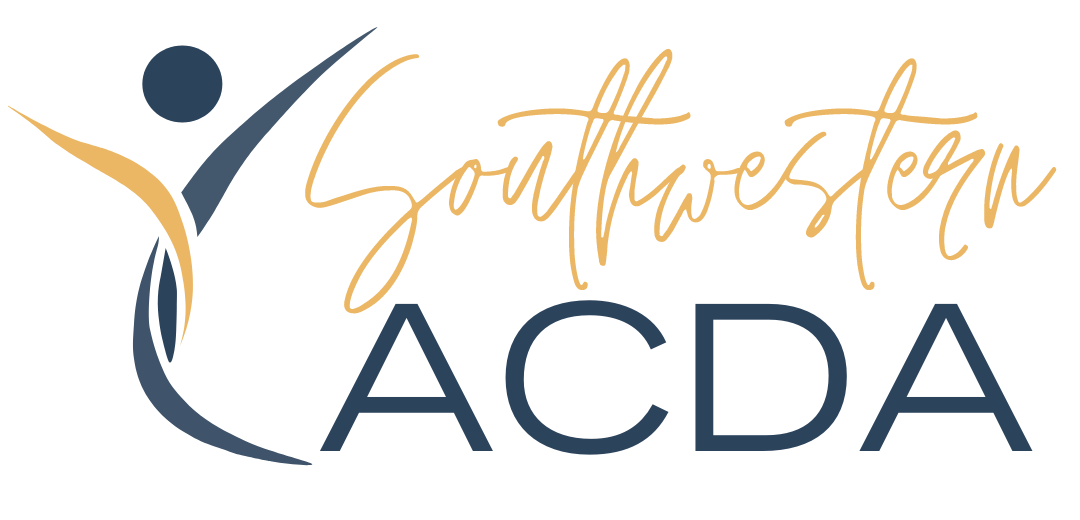Reginal Wright
TTBB Choirs R&R Chair
Exploring the Jonathan Palant Series: A Conversation with Dr. Jonathan Palant
Interview by Reginal Wright
In this interview, Reginal Wright speaks with Dr. Jonathan Palant, Director of Choral Activities at the University of Texas Dallas and leader of the Dallas Street Choir and Credo. We discuss the evolution of Dr. Palant’s work on the “Brothers, Sing On” choral series, which has now expanded into “The Jonathan Palant Series,” a comprehensive resource for choral directors, now several years in, adding four to six titles a year with expanded options for mixed choirs, SAT, and SAB voicings, involving a range of composers.
In this interview, Reginal Wright speaks with Dr. Jonathan Palant, Director of Choral Activities at the University of Texas Dallas and leader of the Dallas Street Choir and Credo. We discuss the evolution of Dr. Palant’s work on the “Brothers, Sing On” choral series, which has now expanded into “The Jonathan Palant Series,” a comprehensive resource for choral directors, now several years in, adding four to six titles a year with expanded options for mixed choirs, SAT, and SAB voicings, involving a range of composers.
RW: How should teachers use their influences to address diverse needs and preferences?
JP: Every situation is unique, and my mission is to provide a space where singers feel brave enough to be authentic. “Safe space” is a term we hear a lot, but I prefer a “brave space,” which encourages singers to take risks. Whether it’s digging into a powerful text or singing a challenging phrase, I want to provide an environment where singers feel confident enough to explore and express.
RW: I believe that being vulnerable is the gateway to musical fulfillment—creating an environment where it’s safe to open up and let go.
JP: Exactly, though vulnerability is often misunderstood as timidness. It’s not about being timid; it’s about being fearless enough to make bold choices. My work with the Dallas Street Choir has taught me that vulnerability often leads to the most powerful musical moments. When singers let go of inhibition, they can create something truly remarkable.
RW: How does the music in the series support sound music pedagogy for young tenors and basses?
JP: Initially, the series targeted high school Tenor-Bass choirs. I looked for pieces that were both accessible and engaging, like pieces that pair sections harmonically to build confidence. Repertoire in the series is designed so that young singers aren’t intimidated by difficult scores; it’s structured to gradually build skills and musical understanding.
RW: How does the series reflect diversity in terms of genres and composers?
JP: I strive for diversity, not only in musical styles but also in the voices of the composers themselves. We’ve been seeing more submissions from women and composers from underrepresented backgrounds, which is fantastic. I’m looking for pieces that have educational value and emotional depth—works that speak to social change, resilience, and history. Whether it’s a text about overcoming obstacles or reflecting on significant historical moments, we aim to curate a collection that resonates on multiple levels.
RW: What has been the most rewarding part of this process for you?
JP: The greatest joy is creating lifelong lovers of music. When singers tell me they enjoyed a piece, or when a conductor uses our repertoire as a lasting resource rather than a one-time read-through, I know we’ve succeeded.
RW: What advice would you give to conductors working with Tenor-Bass choirs?
JP: Serve your singers and choose music that resonates with them. Make beautiful music, allow singers to find their unique sound, and do your research on the repertoire you select. This ensures a meaningful experience for both the singers and the audience.
RW: What would you say to composers aspiring to write for Tenor-Bass choirs?
JP: First, keep writing. Just like going to the gym, improvement comes with consistency. Second, workshop your music with a choir before submitting it. There’s immense value in hearing your piece performed and refining it based on real-world feedback.
RW: Where can people find music from the Jonathan Palant Series?
JP: You can find it on HalLeonard.com by searching “Palant.” From there, you can explore the entire collection and choose pieces through your preferred music provider.
Conclusion
The Jonathan Palant Series has become a vital resource for choral conductors, providing accessible, well-crafted music and guidance that meets the unique needs of Tenor-Bass ensembles. Dr. Palant’s commitment to inclusivity, pedagogical soundness, and fostering bravery in singers has made this series a beloved tool for educators. Through his work, Dr. Palant not only addresses gaps in choral resources but also cultivates a community where all voices are encouraged to sing authentically.

